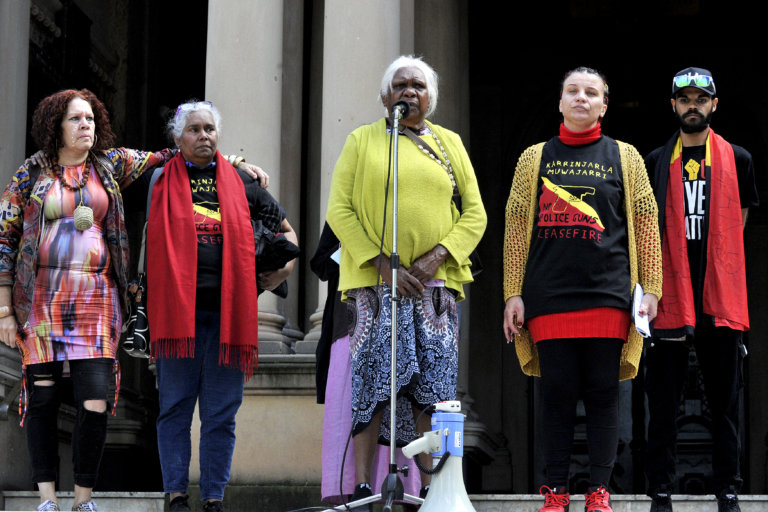
Are you an international student in Australia or someone who is keen on studying in the Land Down Under? You’ve probably browsed though numerous Australian university websites and noticed statements such as “Acknowledgement of Country” or something closely-related, typically located at the bottom of the home page.
Have you ever wondered what this statement means and why most Australian universities use it? Here’s what the “Acknowledgement of Country” statement means and how it impacts Australian universities and you.
‘Acknowledgement of Country’: What to know
An Acknowledgement of Country is an act of respect for the continuing connection of Aboriginal or Torres Strait Islander Traditional Owners and Custodians to the land on which you stand.
See our tips for including an Acknowledgement of Country:https://t.co/2ewjoGL7O7 pic.twitter.com/LldStg0Yzk
— Reconciliation Australia (@RecAustralia) August 16, 2020
It is used to pay respect to the Traditional Owners of Australia
The “Acknowledgement of Country” is used to show awareness and pay homage to the Australian Aboriginal and Torres Strait Islander peoples as the first inhabitants of the country. It also addresses the Traditional Custodians of the Land, also known as Indigenous Australians.
The statement bears significance to Australian history and culture as it highlights the unique position of Indigenous Australians in both contexts. It also addresses their intimate relationship with the land.
Any persons, whether Aboriginal or not, are permitted to make an “Acknowledgement of Country” statement for various occasions. It is typically made at the start of an event, such as a meeting, speech or during a formal occasion.
The “Acknowledgement of Country” can also be used in different mediums of communication and may be expressed on behalf of an organisation such as a university. This could include email signature blocks, websites and social media.
View this post on Instagram
It promotes greater understanding of Indigenous Australians
Another reason Australian universities publicise the “Acknowledgement of Country” is to promote a greater understanding of the Indigenous population of Australia among the staff, students and the wider community.
Many Australian universities also acknowledge that their campuses are sited on unceded land, or “Stolen Land”. This means that the land on which their university campus was built on wasn’t handed over or approved by the original settlers of the country.
For instance, the University of New South Wales (UNSW) notes on its website: “UNSW is located on the unceded territory of the Bedegal (Kensington campus), Gadigal (City and Paddington Campuses) and Ngunnawal peoples (UNSW Canberra) who are the Traditional Owners of the lands where each campus of UNSW is situated.”
Since the late 20th century, Australian university campuses have made meaningful attempts to recognise the Indigenous people and the Traditional Custodians of the Land.
A desktop survey carried out on 42 university campuses across Australia revealed that 90% of all Australian universities recognise the Traditional Owners on publicly available documents, with three-quarters of the university providing this recognition on the main page of their website.
The statement, combined with the cultural landmarks and references that are symbolic to Indigenous Australians — reveals the significance of the Indigenous population to Australian institutions such as universities. This is evident in the fact that they have made concerted efforts to represent Indigenous history and culture on their campuses, and to reconcile with Indigenous Australians.










